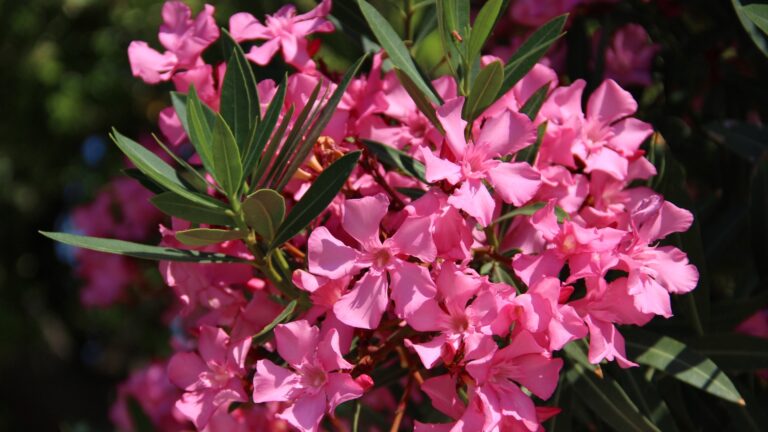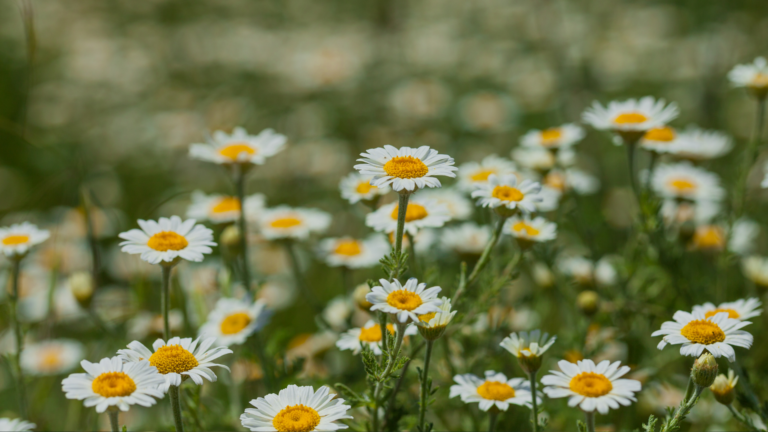Illegal Backyard Crops In Michigan You Didn’t Know About
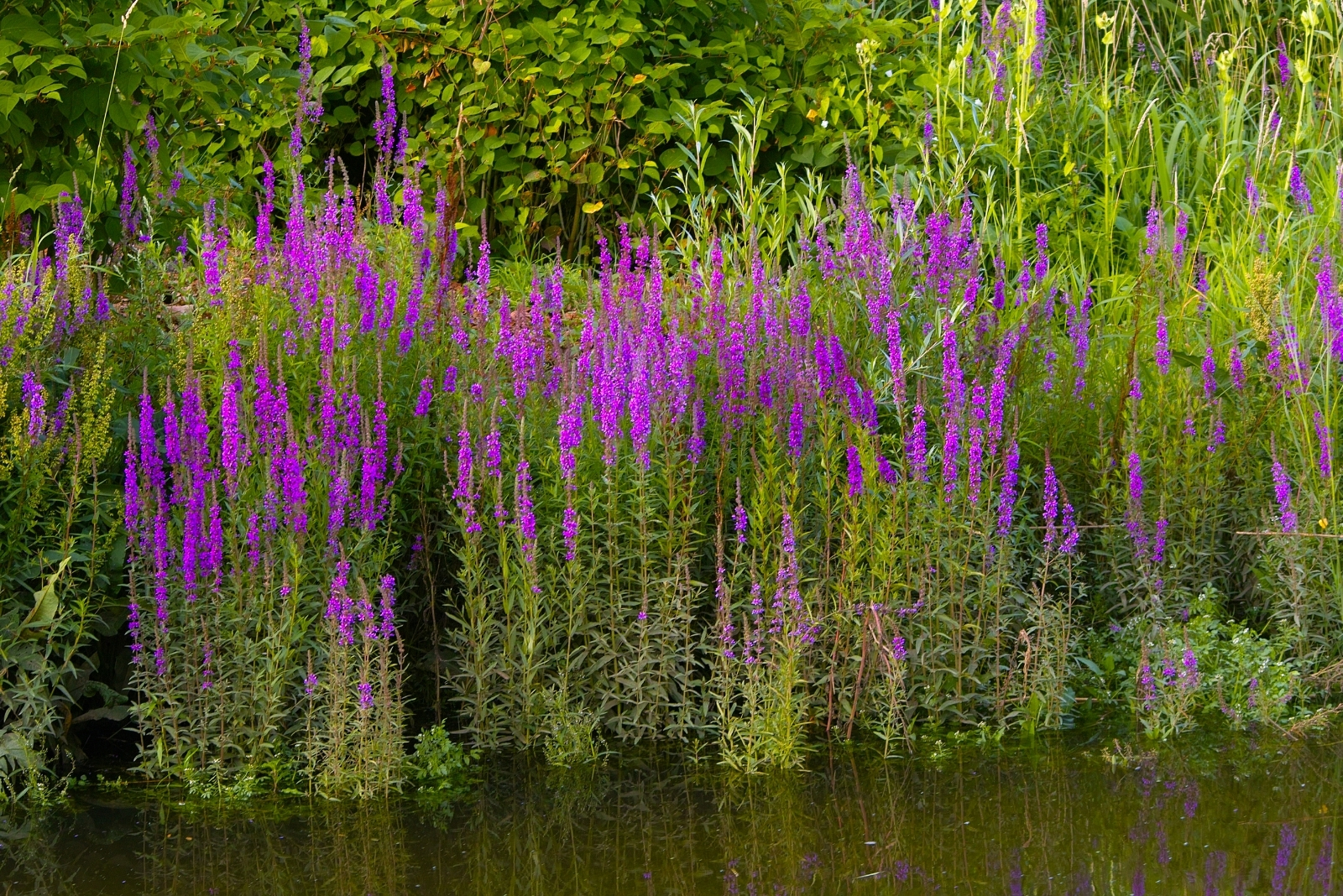
Some backyard plants in Michigan are illegal, and most people have no idea. I was shocked to learn that a few innocent-looking crops could get you fined.
Planting them at home isn’t as harmless as it seems. The rules can catch even experienced gardeners off guard. Here are the crops you didn’t know you shouldn’t grow.
1. Autumn Olive
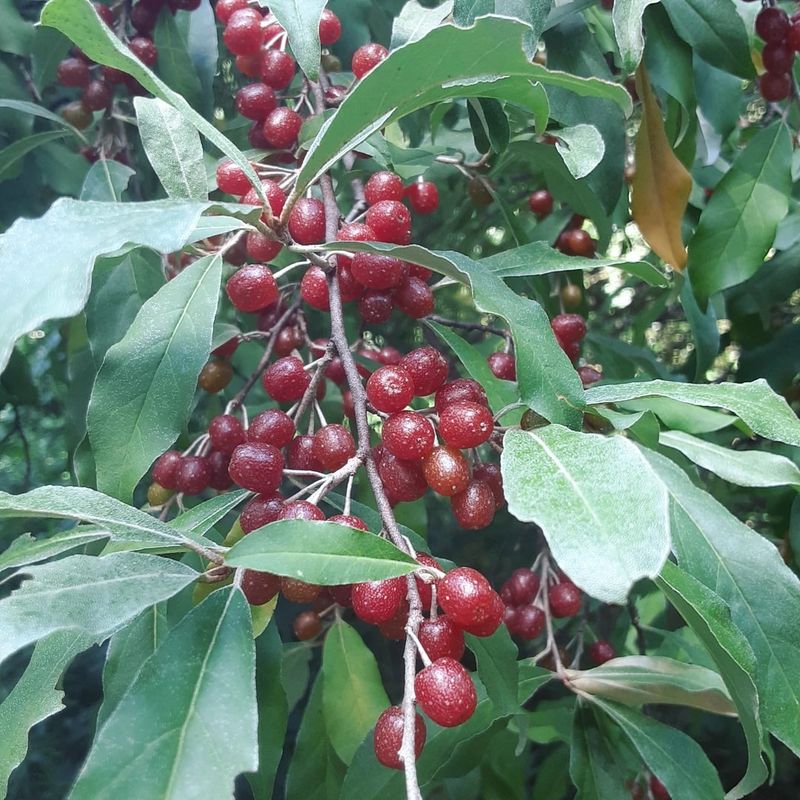
Once promoted for erosion control, this invasive shrub now threatens Michigan’s natural habitats by outcompeting native vegetation. Its silvery leaves and red berries might look attractive, but don’t be fooled.
Michigan’s Department of Natural Resources has classified it as a restricted species. Planting this troublemaker in your Michigan yard could earn you not just disappointed looks from environmentalists but actual legal penalties.
2. Purple Loosestrife
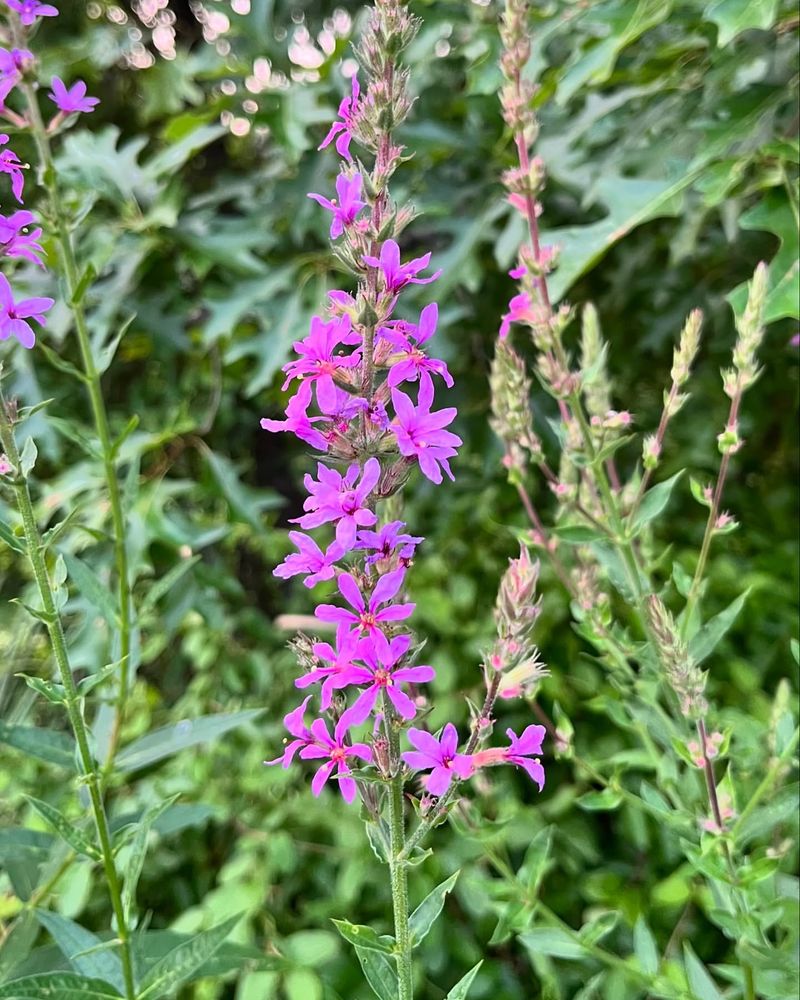
Those beautiful purple flower spikes might catch your eye at garden centers outside Michigan, but this wetland invader is strictly prohibited. It aggressively colonizes wetland areas and displaces critical native vegetation.
Michigan’s natural resource managers have spent millions battling this plant. Growing it in your Michigan garden isn’t just illegal—it’s an ecological betrayal that could result in significant fines from state conservation officers.
3. Japanese Knotweed
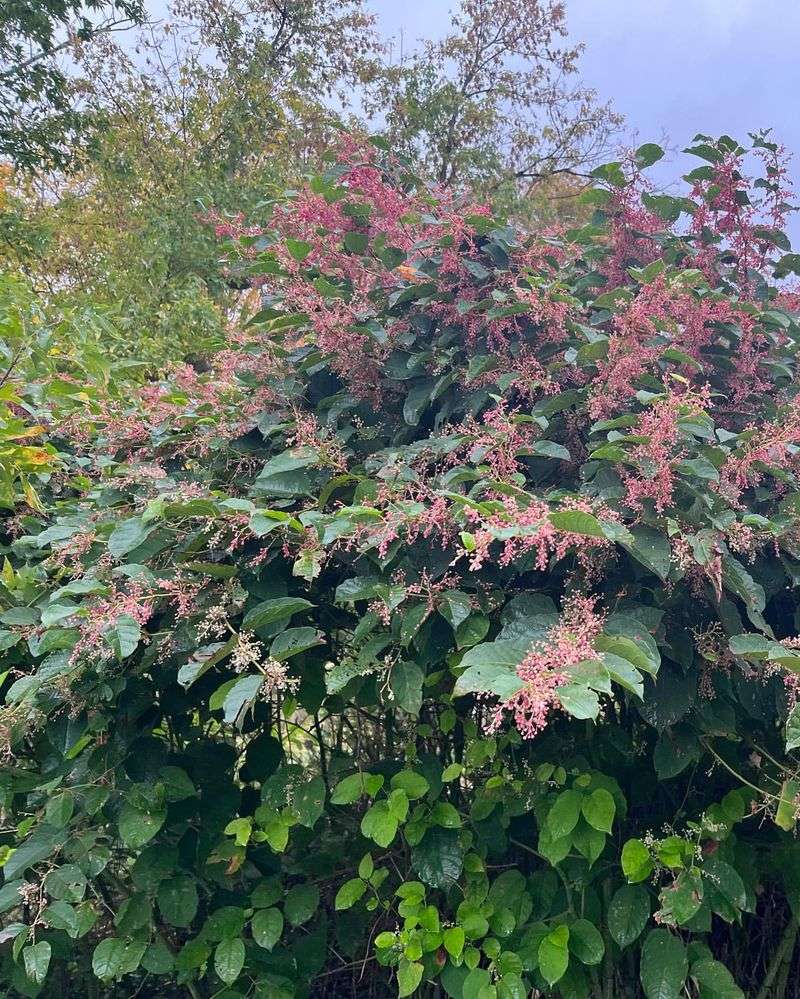
Don’t let its bamboo-like appearance fool you—this plant is a nightmare for Michigan property owners. Its aggressive root system can damage foundations, break through pavement, and even lower property values.
Michigan law classifies it as a restricted species, making cultivation illegal. The plant spreads so easily that even a small fragment can establish a new colony across your Michigan neighborhood.
4. Giant Hogweed
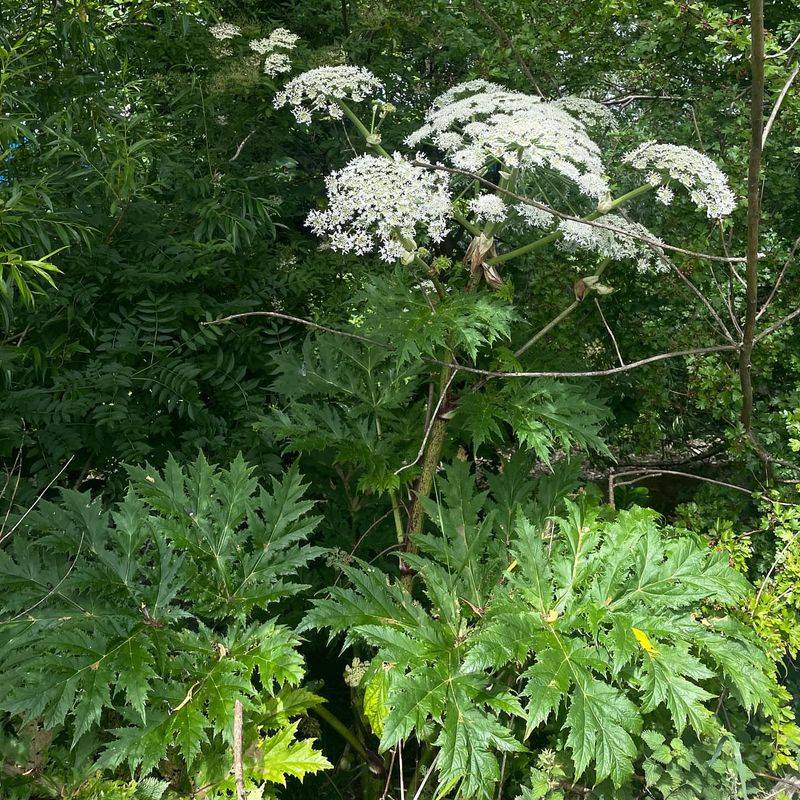
This towering plant with white umbrella-shaped flower clusters isn’t just illegal—it’s dangerous. Contact with its sap causes severe burns, blisters, and permanent scarring when exposed to sunlight.
Michigan’s Department of Agriculture has placed it on the noxious weed list. Finding this monster in your Michigan garden could trigger a mandatory removal order, along with potential fines for knowingly cultivating it.
5. Opium Poppy
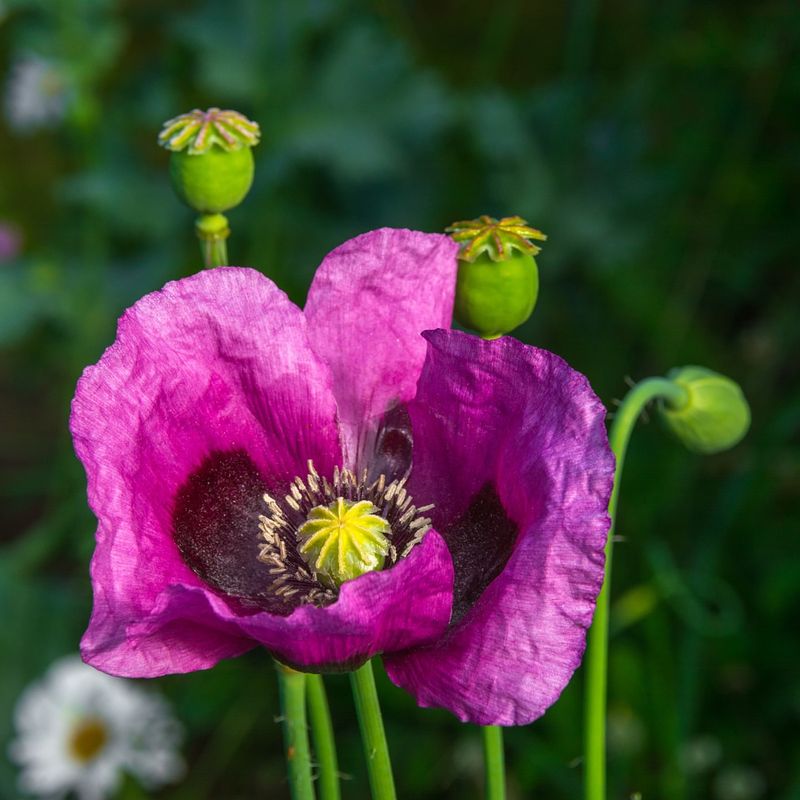
Those innocent-looking poppies might be more than just pretty flowers. Specific varieties of Papaver somniferum are classified as Schedule II controlled substances because they produce opium.
Michigan follows federal regulations prohibiting cultivation of these poppies. Many gardeners unwittingly break the law, not realizing their decorative Michigan garden contains plants that could theoretically land them in legal trouble.
6. Kudzu
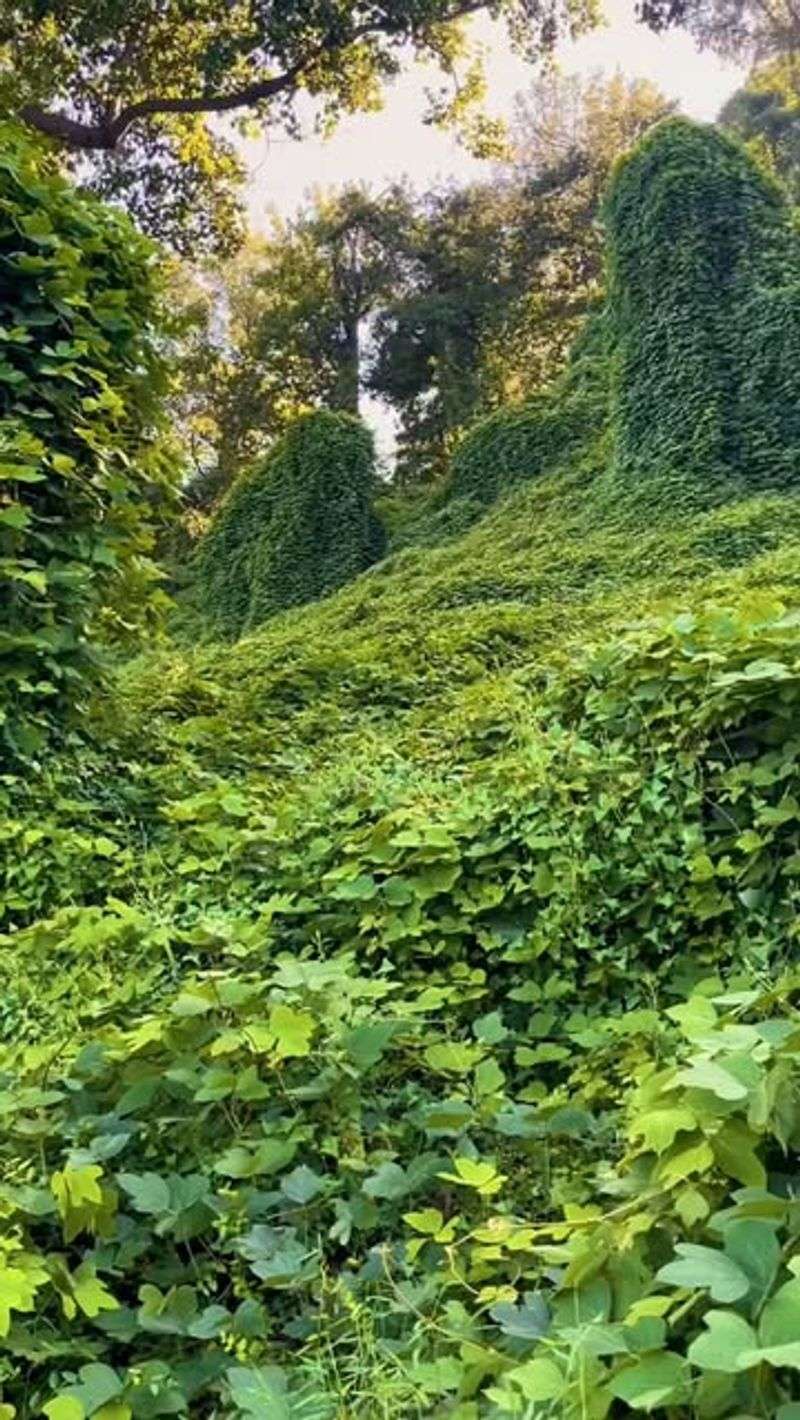
Known as “the vine that ate the South,” kudzu hasn’t fully invaded Michigan yet—and the state intends to keep it that way. This aggressive climber can grow up to a foot per day, smothering trees and buildings.
Michigan has designated kudzu as a prohibited species. Anyone caught intentionally growing this green monster in their Michigan yard faces potential legal consequences and the responsibility for costly removal.
7. Jimsonweed
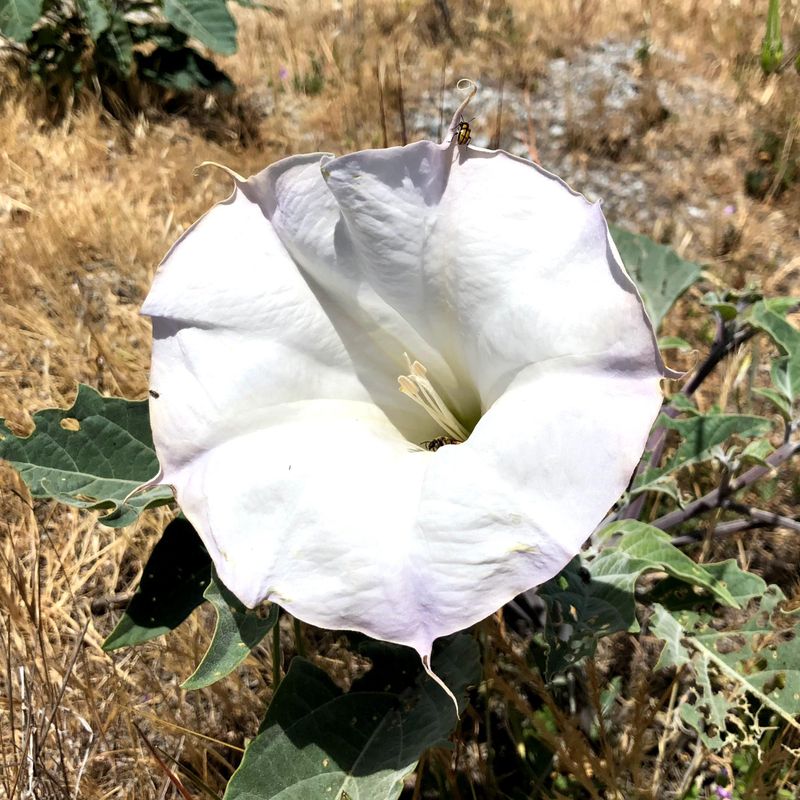
The trumpet-shaped flowers and spiky seed pods might look interesting, but this plant contains dangerous levels of tropane alkaloids that can cause hallucinations, seizures, and even death.
While not specifically outlawed in Michigan by name, its cultivation for its hallucinogenic properties falls under controlled substance laws. Many Michigan gardeners don’t realize this volunteer plant in their backyard could potentially result in legal issues.
8. Black Swallow-wort
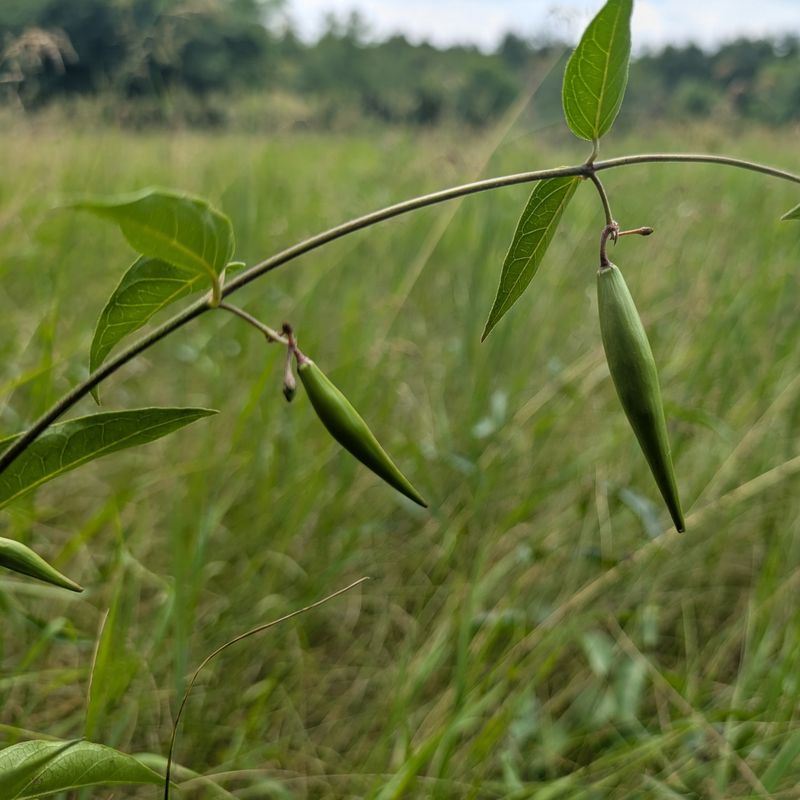
This invasive vine looks innocent enough but poses a serious threat to monarch butterflies, who mistakenly lay eggs on it instead of milkweed. The resulting caterpillars die because they cannot eat the toxic leaves.
Michigan has classified it as a prohibited species due to its ecological damage. Growing this vine in your Michigan yard isn’t just illegal—it’s actively contributing to the decline of one of our most beloved pollinators.
9. Multiflora Rose
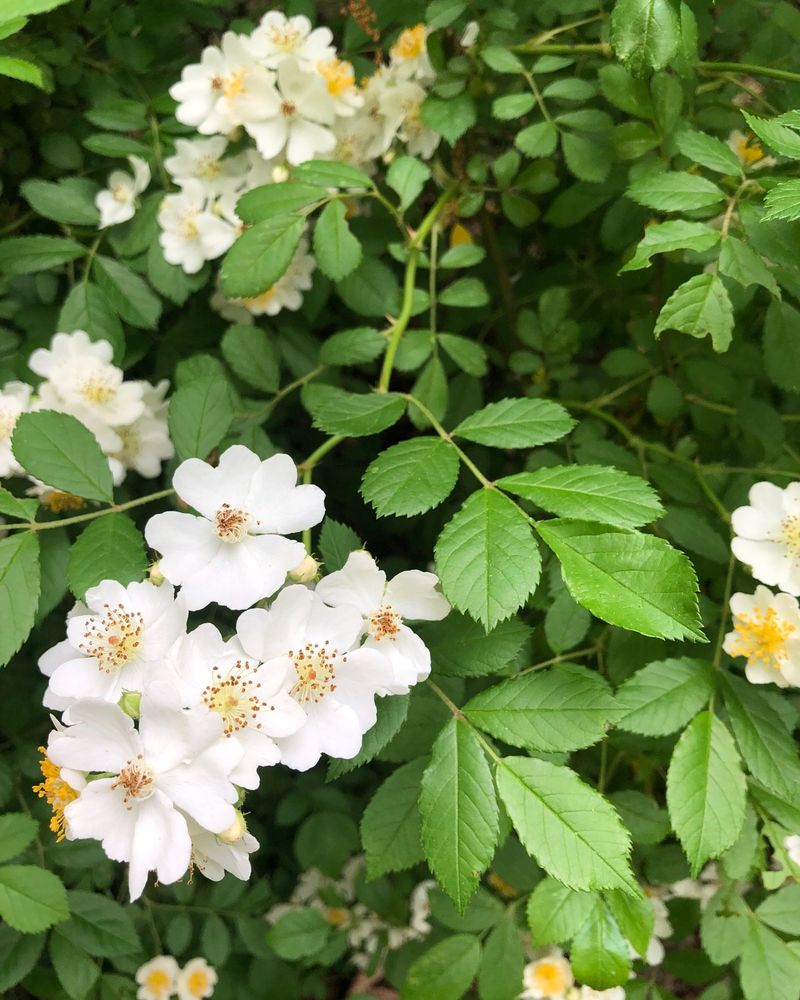
Once promoted for erosion control and living fences, this thorny shrub quickly escaped cultivation and became a nightmare. The dense thickets crowd out native vegetation and can form impenetrable barriers across natural areas.
Michigan has designated it as a restricted species. Many Michigan landowners battle this prickly invader without realizing that intentionally propagating it in their backyard could result in violations of state conservation laws.
10. Peyote Cactus
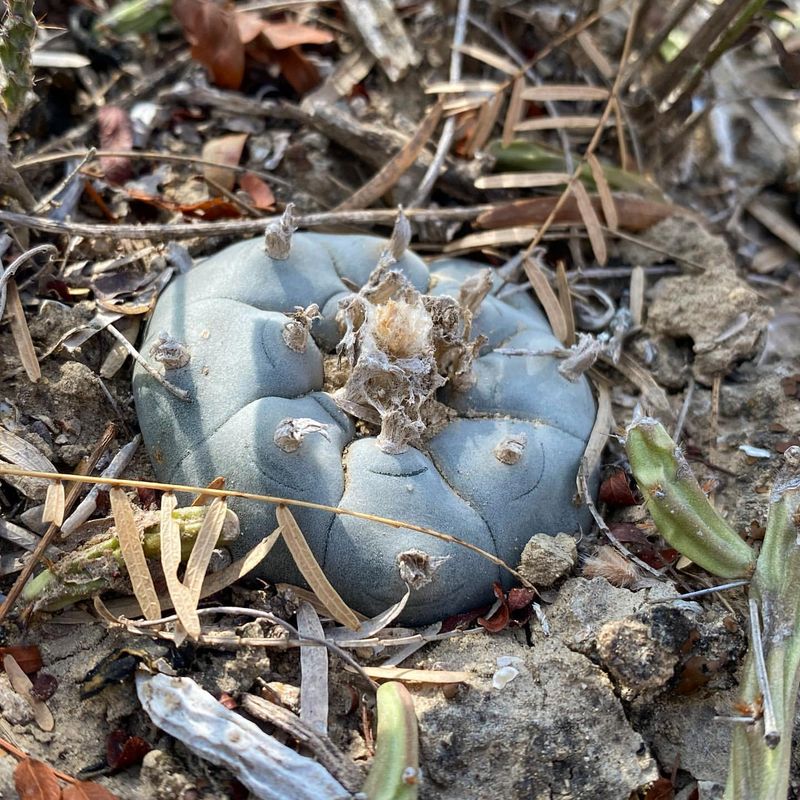
This small, button-like cactus contains mescaline, a powerful hallucinogen, making it a Schedule I controlled substance under federal law. Despite its unassuming appearance, cultivation could lead to serious legal consequences.
Michigan follows federal regulations regarding this plant. Growing this cactus in your Michigan home or garden is prohibited unless you have specific religious exemptions as a registered member of the Native American Church.
11. European Frogbit
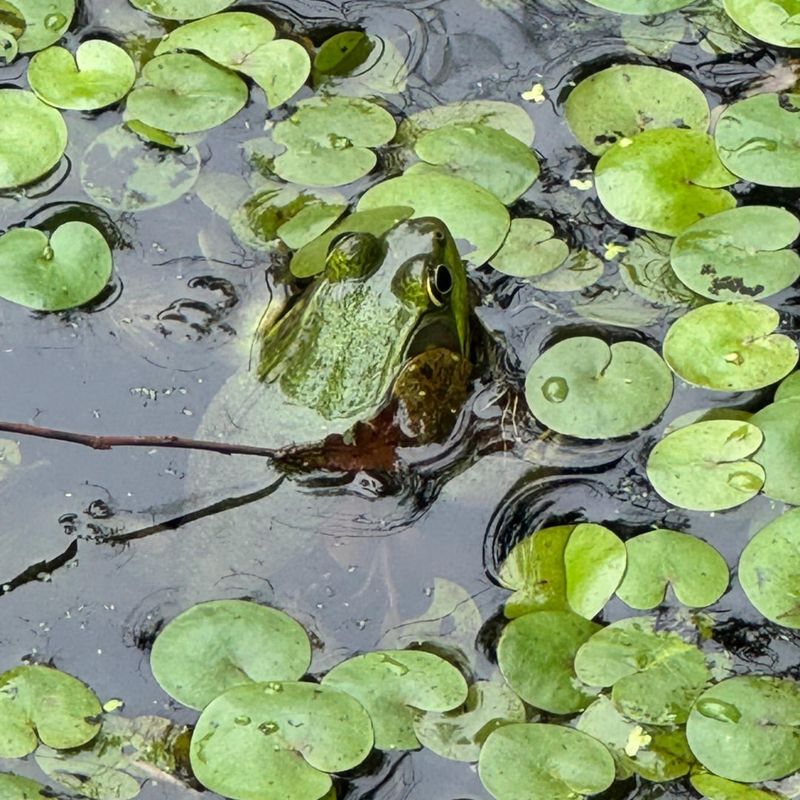
This floating aquatic plant with heart-shaped leaves and small white flowers might look charming in water gardens, but it’s an ecological menace. It forms dense mats that choke waterways and disrupt native ecosystems.
Michigan has listed it as a prohibited species. Adding this plant to your Michigan backyard pond isn’t just against the law—it risks spreading to natural waterways through flooding or wildlife, causing widespread environmental damage.
12. Tree-of-Heaven
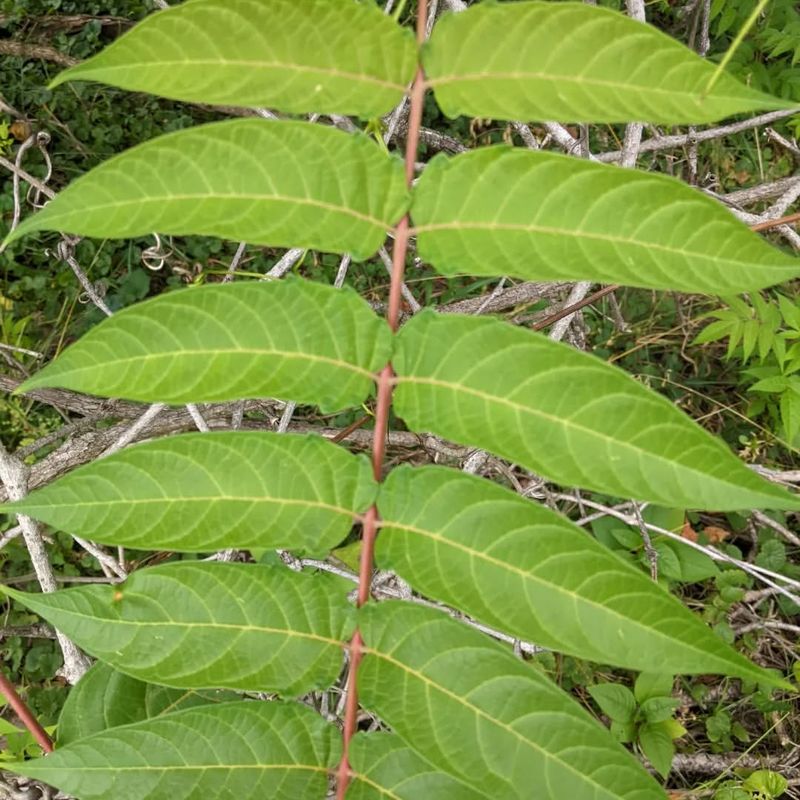
Despite its heavenly name, this fast-growing tree is pure ecological hell. It releases chemicals that prevent other plants from growing nearby and serves as the primary host for the destructive spotted lanternfly.
Michigan has designated it as a restricted species. Many Michigan homeowners mistake young saplings for native trees, not realizing they’re harboring an illegal invader that could spread throughout their neighborhood and beyond.


